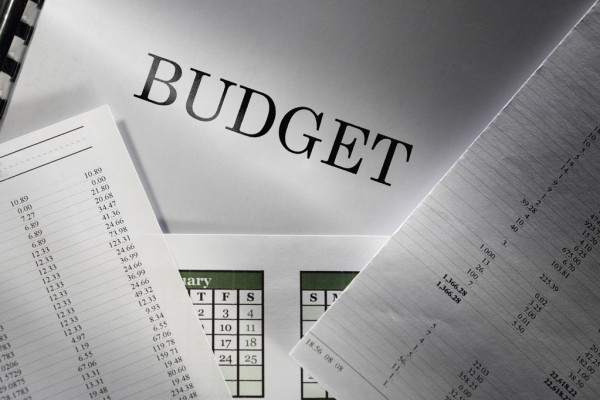Claiming unpaid mileage by employer?
If your employer doesn’t pay for mileage allowance at all you are entitled to claim Mileage allowance relief (MAR) on your work-related mileage at the HMRC advisory mileage rates.
For the first 10,000 miles for cars and vans the rate is 45p, then the rate drops after 10,000miles to 25p per mile. for motorcycle this is 24p for all mileage and Bicycles is 20p per mile. Remember you can claim up to 4 years if you have not done the claim previously.
If you are reimbursed by your employer at a lower rate than the HMRC approved mileage rates, you are entitled to Mileage allowance relief (MAR) for the difference. For example, if you drive your own car and have been reimbursed at 30p per mile for 3000 miles, you can claim the mileage allowance relief on £450 (3000*0.15).
How do I claim mileage relief?
The are 2 ways you can claim for mileage tax relief:
- If you already complete a tax return (self assessment) the mileage claim can be added on the business travel (on the employment pages on your tax return)
- Submit your claim using a P87 form. This can be submitted online through the HMRC Government Gateway, or printed and sent by post.
Remember to claim mileage allowance you will need to keep a mileage log/record for all business trips done during the year. For record to be sufficient as per advisory you need the records to contain the following details:
- Date of trip
- Distance covered.
- Start and finish point always good idea to included full address and post code.
- Total mileage
- Mileage allowance already received from employer.
With advanced technology nowadays you do have apps you can use to track your mileage, or a hard copy record is also sufficient. You can find more information on how to make a tax relief claim here.
For more information about mileage and expenses claim, or If you have any further questions about tax reliefs, or any other accounting matters, please contact us. We can offer this as a service, but it will incur a small fee.








Recent Comments